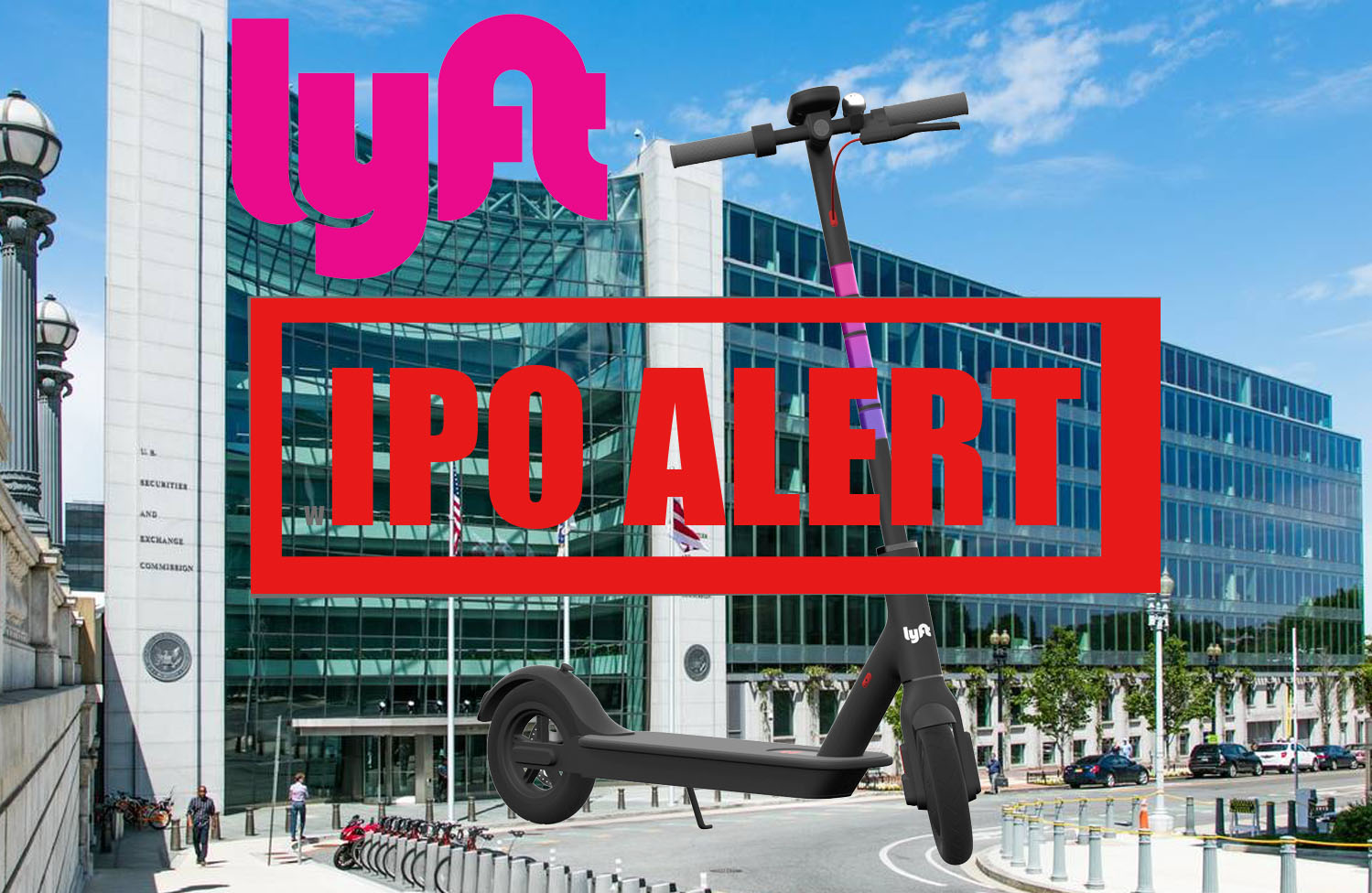Serving as the president of any country is a difficult job. Now, when I say ‘difficult,’ I’m not talking about trying to write a ten-page essay the night before it was due, on a book you didn’t read for class and you’re still hungover from last night. While that is impressive, and, I can neither confirm nor deny whether I’ve bested that challenge before, no job in the world can amount to the incredible amount of stress endured as president. President Donald Trump and President Xi Jinping of China are two men responsible for leading the world’s leading superpowers, I can only imagine the pressure they are under.
After what has seemed like an unending trade war between the US and China, Trump and Jinping sat down together several days ago and ironed out a 90-day trade truce, resulting in China agreeing to buy $1.2 trillion worth of American products, and America would remain in a holding pattern and not impose any more tariffs on Chinese goods.
Now, by trade, I am not necessarily a pessimist, but I try to be as realistic as humanly possible. Historically, or at least over the course of the last few years, whenever something positive takes place in the geopolitical arena, almost immediately a headline hits media outlets about a story of some sort of unethical business practice or war crime. In the case of the brief moments of laughter and childlike wonder felt after the US and China agreed to a trade truce, within hours of this deal, Meng Wanzhou, the chief financial officer of Chinese tech giant Huawei, was arrested in Canada.
Now, here’s where all of this starts to get interesting.
Canadian officials arrested Ms. Meng, at which time she was immediately “sought for extradition by the United States” according to Ian McLeod, a spokesman for Canada’s Justice Department.
As for the reasoning behind Ms. Meng’s arrest, Huawei, China’s largest telecom equipment manufacturer, has recently been under investigation for allegations that the company has broken American trade controls on Cuba, Sudan, Iran, and Syria. Huawei has garnered significant successes by tapping into telecom markets in countries around the world, but when the company decided to work with Syria, where American officials had been working to impose limits on technology in an attempt to prevent further human rights abuses, these businesses tactics have resulted in claims that China is purporting these atrocities. Earlier this year, the US Treasury and Commerce Department began investigating Huawei for claims that the company was potentially violating economic sanctions against Iran, according to the New York Times.
“US law prohibits exports of certain US-origin technologies to certain countries. When Huawei pays to license certain US tech, it promises not to export to certain countries like Iran, So it is not unreasonable for the US to punish Huawei for flouting this US law.”
–Julian Ku, Professor, Hofstra University
Under the guise of threats to national security, President Trump has done everything in his power, while president, to thwart any attempts made by China to threaten the US tech industry. The arrest of a Huawei executive only furthers this point, given that Huawei and several other Chinese telecommunications companies have come dangerously close to beating the US to release devices on 5G wireless networks. Back in March, President Trump convinced US government officials to block Broadcom, a Chinese telecom company, from acquiring its US-based rival Qualcomm (QCOM), suggesting that the deal would pose a significant threat to national security.
Naturally, a government panel was immediately assembled to investigate these potential national security risks, specifically the Committee on Foreign Investment in the United States (Cfius), which then released a letter explaining their concerns on the matter:
“Qualcomm has become well-known to and trusted by, the U.S. government. Reduction in Qualcomm’s long-term technological competitiveness and influence in the standard setting would significantly impact U.S. national security…This is…because a weakling of Qualcomm’s position would leave an opening for China to expand its influence on the 5G standard-setting process. Chinese companies, including Huawei, have increased their engagement…”
–Committee on Foreign Investment in the United States Letter
The degree to which the US, and the Trump administration, is willing to go, in terms of scrutinizing the business operations of Chinese tech companies, only furthers the notion that President Trump feels threatened by China. In terms of the arrest of Meng Wanzhou, I foresee China responding accordingly very shortly.





